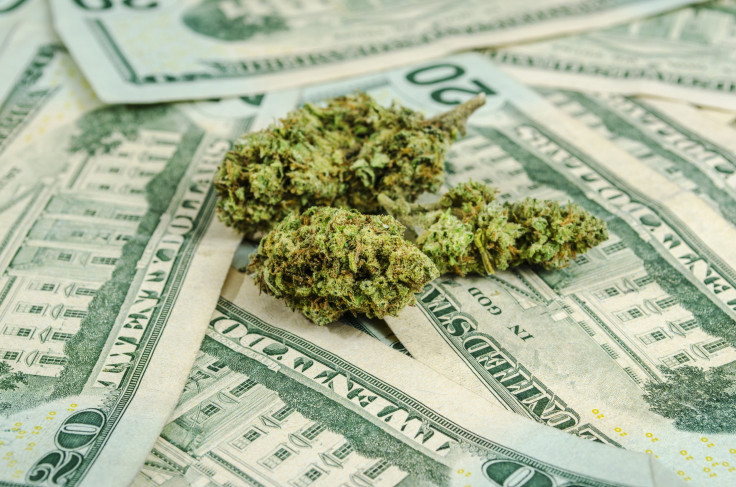Marijuana Legalization In Washington Brings In $70M In Tax Revenue, But Tax Reforms Are On Their Way

Washington State will celebrate one year of recreational pot sales on Wednesday. It was a rocky start for Washington; the state had to start from scratch — from “seed to sale” — whereas Colorado simply expanded its medical marijuana program. But now that it’s on track, the state’s 160 dispensaries are making as much as $1.4 million a day and have earned the state $70 million in tax revenues over the course of the year.
The state’s revenues were far higher than the $36 million original forecast. While it’s only a small fraction of the state’s $38 billion two-year budget, some of the money will go toward health programs, such as those treating substance abuse, as well as universities for marijuana research, dropout prevention programs, and transportation. Lawmakers and supporters of legalization are already calling recreational pot sales a success, and the industry is likely going to continue to grow. But despite its success, there’s still work to do.
Many workers in the industry have expressed discontent with the current tax structure. Growers, processors, and retailers often struggle to make ends meet because the government charges a 25 percent excise tax each time the marijuana moves from one link of the chain to the next. Not only does this drive up marijuana costs for everyone, it also means nobody’s making money. “I’m basically doing this for free,” James Lathrop, owner of Seattle’s first legal marijuana shop, told the Associated Press. “Nobody’s gone out of business, but I’m not driving a new truck either.”
For lawmakers, changing this tax structure is one of the first items on their agenda. Eliminating the three-level tax structure for a 37 percent flat tax on the customer — which they’re expecting to implement this month — will mean industry workers won’t have to claim the money as income on their federal tax filings. Current estimates put the total effective tax rate at about 44 percent right now.
Under a new system, recreational pot shops would become more competitive as marijuana costs are driven down. When the first shops started selling weed, for example, supplies were so low that a gram of legal marijuana was being sold for $30. Once supplies rose, prices dropped to an average of $11.50 a gram. It’s likely a change in tax structure would also drive down costs, meaning fewer people will resort to the black market. “If the state has a big tax on marijuana, no one is going through the legal market… and for all us border counties, people will just cross the river,” Rep. Liz Pike (R-Camas) told The Columbian.
With more competitive recreational pot shops, chances are fewer people would go through the process of becoming a medical marijuana patient as well. This would bolster the integrity of the medical marijuana industry, which has been riddled with patients posing as sick. The 37 percent flat tax would apply to anyone going into a medical marijuana dispensary. However, those who are listed on the registry would be subjected to only the state’s 2.9 percent sales tax.
While it has been a success, recreational pot in Washington still has a long way to go; merging it with the medical marijuana market through the same tax rate is just one step. Rick Garza, director of Washington’s Liquor Control Board, told the AP that educating teens about the dangers of pot and ensuring that current measures to prevent misuse and criminality will remain top priorities.
Published by Medicaldaily.com



























